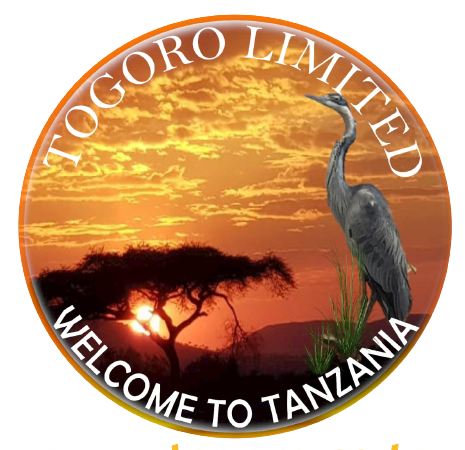RONGAI ROUTE
Mount Kilimanjaro
The Rongai Route is one of the less crowded routes to the summit of Mount Kilimanjaro, offering a unique perspective as it approaches the mountain from the north. Known for its gentle gradient and remote wilderness, the Rongai Route is an excellent choice for those seeking a quieter and less traveled path with diverse scenery.
Overview of the Rongai Route
Duration: Typically 6-7 days
Distance: Approximately 73 kilometers (45 miles)
Difficulty: Moderate
Popularity: Low to Moderate
Scenery: Varied and scenic, with diverse landscapes including moorlands, alpine deserts, and forests
Key Features
1. Accommodation: The Rongai Route involves camping in tents. Porters carry the camping equipment, and campsites are set up at designated spots along the route.
2. Campsites:
- Simba Camp: The first campsite, offering views of the Kenyan plains.
- Second Cave Camp: Known for its views of Kibo and the eastern ice fields.
- Kikelelwa Camp: Set near a water stream with great views.
- Mawenzi Tarn Camp: Located at the base of Mawenzi Peak.
- Kibo Camp: The base camp for the summit push.
- Horombo Camp: The final campsite on the descent route.
3. Scenic Beauty: The Rongai Route is known for its diverse and beautiful scenery, starting in the north through remote wilderness areas. The trek passes through different climatic zones, including lush forests, moorlands, and alpine deserts, offering stunning views throughout.
4. Gentle Gradient: The route has a relatively gentle gradient and steady ascent, making it a good option for trekkers with less experience in high-altitude trekking. The path is less steep compared to routes like Machame and Umbwe.
The Umbwe Route is one of the shortest and steepest routes to the summit of Mount Kilimanjaro. It is known for its challenging ascent and is considered one of the most difficult routes due to the rapid gain in altitude and steep paths. However, it offers a very direct path to the summit with stunning views and fewer crowds.
Overview of the Umbwe Route
Duration: Typically 6-7 days
Distance: Approximately 53 kilometers (33 miles)
Difficulty: Very Difficult
Popularity: Low
Scenery: Spectacular and varied, with dramatic views
Key Features
1. Accommodation: The Umbwe Route involves camping in tents. Porters carry the camping equipment, and campsites are set up at designated spots along the route.
2. Campsites:
- Umbwe Cave Camp: The first campsite after the initial steep climb through the rainforest.
- Barranco Camp: Situated in the shadow of the Great Barranco Wall.
- Karanga Camp: Often used for acclimatization before the final ascent.
- Barafu Camp: The base camp for the summit push.
- Mweka Camp: The descent route ends here.
3. Scenic Beauty: The Umbwe Route is known for its stunning and dramatic scenery, including steep ridges, dense forests, and panoramic views. The trek includes a challenging climb up the Barranco Wall and offers breathtaking vistas throughout.
4. Rapid Ascent: The route involves a rapid ascent, making acclimatization more challenging. This increases the risk of altitude sickness, so it’s recommended for experienced climbers who are confident in their ability to acclimatize quickly.
